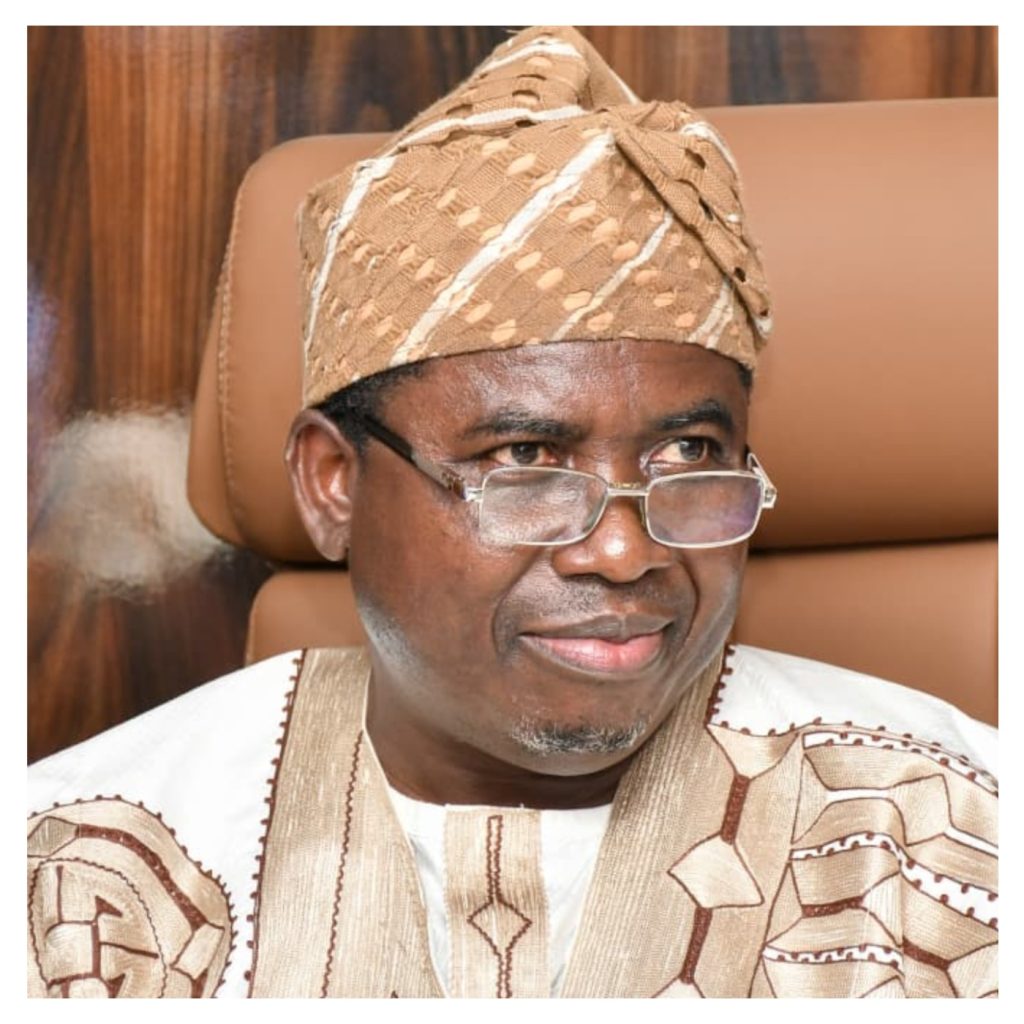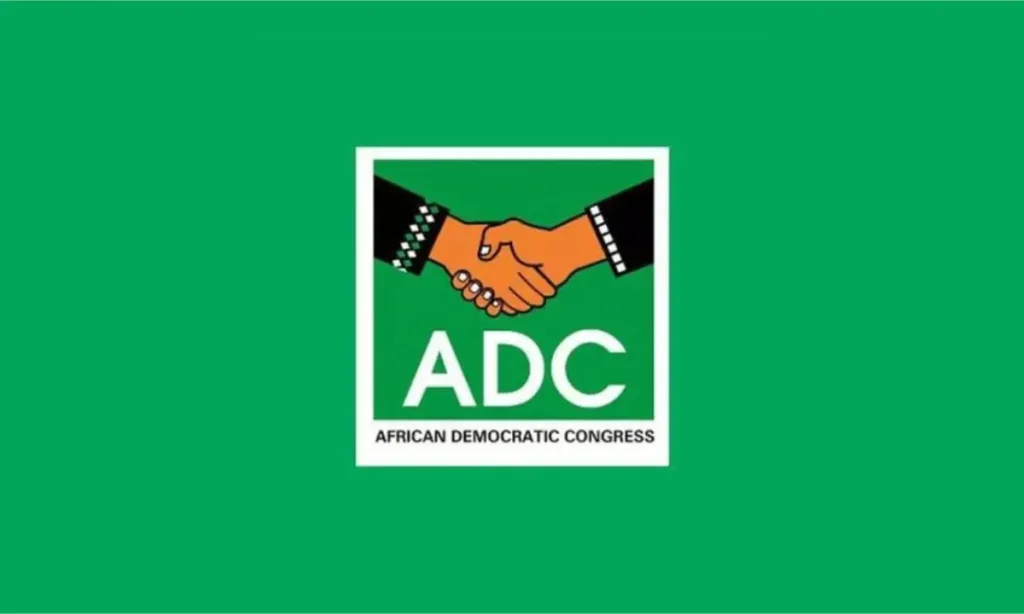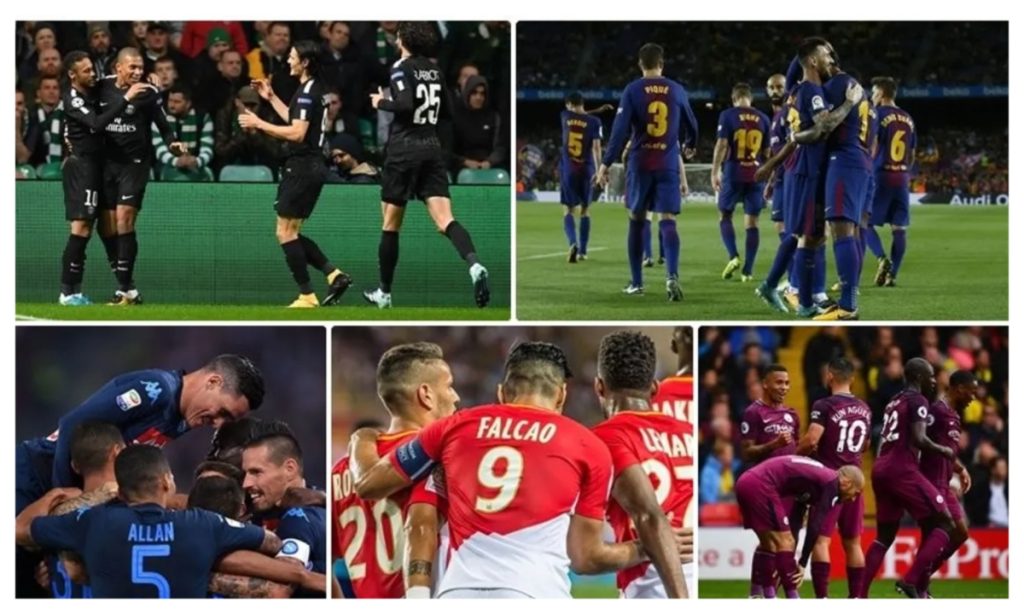China has expressed opposition to the use of “economic pressure” after US President Donald Trump suggested imposing tariffs on buyers of Russian oil. The move is aimed at stifling Moscow’s funding for its war in Ukraine. In talks with European Union officials, Trump proposed broadening tariffs on Russian oil buyers, including China and India, if the EU takes similar measures.
According to a US official, Trump discussed the possibility of tariffs ranging from 50 percent to 100 percent during the talks. China’s ministry spokesman, Lin Jian, responded by stating that China firmly opposes the practice of dragging it into the issue and the imposition of economic pressure. China maintains that it is neither the creator nor a party to the crisis.
China and Russia are key trading partners, and Beijing has not denounced Russia’s war or called for the withdrawal of its troops. Instead, China insists it is a neutral party, regularly calling for an end to the fighting while accusing Western countries of prolonging the conflict by arming Ukraine. The relationship between China and Russia was recently described as being at an “unprecedented level” by Russian President Vladimir Putin during talks with Chinese counterpart Xi Jinping.
The situation highlights the complex geopolitical dynamics at play, with China walking a fine line between its trade relationships and its stance on the conflict in Ukraine. As the US and EU consider further economic measures against Russia, China’s position is likely to come under increasing scrutiny. The implications of potential tariffs on Russian oil buyers, including China and India, will be closely watched in the coming days.



